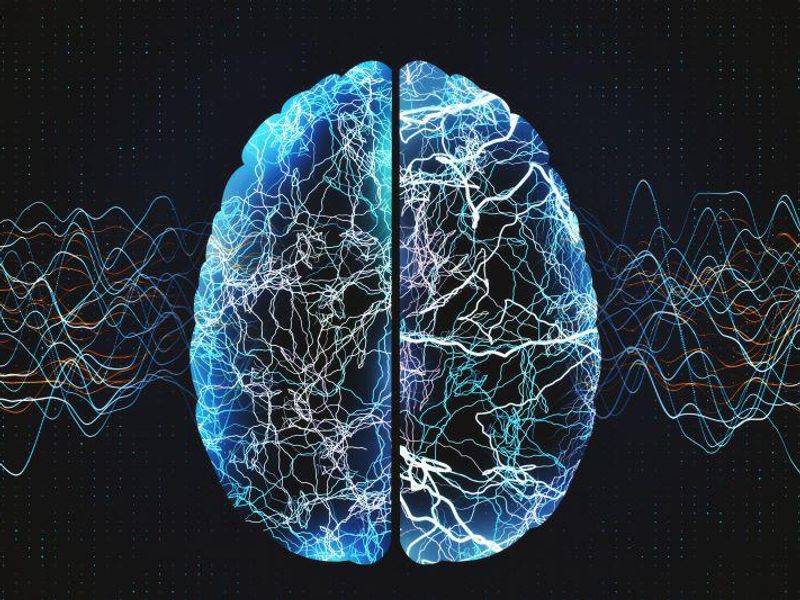For people with temporal lobe epilepsy, odds of worse cognitive phenotype seen for those in more disadvantaged ADI quintiles
By Elana Gotkine HealthDay Reporter
WEDNESDAY, April 19, 2023 (HealthDay News) — For people with temporal lobe epilepsy (TLE), neighborhood deprivation is associated with worse cognitive outcomes, according to a study published online April 19 in Neurology.
Robyn M. Busch, Ph.D., from the Cleveland Clinic, and colleagues examined the association between neighborhood deprivation and neuropsychological function in 800 adults with TLE in a cross-sectional study. Neuropsychological data, including measures of intelligence, attention, processing speed, language, executive function, visuospatial skills, verbal/visual memory, depression, and anxiety, were obtained from a clinical registry. The Area Deprivation Index (ADI) was calculated for each individual using home addresses.
The researchers found that across nearly all measured cognitive domains, effects of disadvantage (increasing ADI) were seen, along with significant increases in symptoms of depression and anxiety. Increased odds of a worse cognitive phenotype were seen for patients in more disadvantaged ADI quintiles. In the most disadvantaged quintiles, patients who self-identified as being members of minoritized groups were over-represented; compared with non-Hispanic Whites, patients in these groups had a 2.91-fold increased likelihood of being in a severe cognitive phenotype. This relationship was attenuated after accounting for ADI, indicating that neighborhood deprivation accounts for some of the association between race/ethnicity and cognitive phenotype (odds ratio after adjustment for ADI, 1.82).
“Epilepsy research has arguably ignored the potential impact of the social determinants of health in neighborhoods on cognition — factors that have been hiding in plain sight for many years,” Busch said in a statement. “Our study shows that these neighborhood social factors are linked to epilepsy outcomes.”
Editorial (subscription or payment may be required)
Copyright © 2023 HealthDay. All rights reserved.








